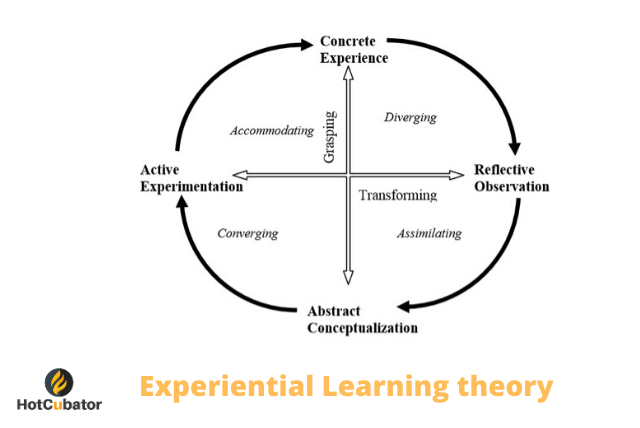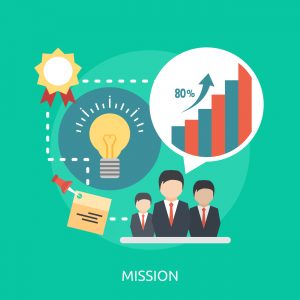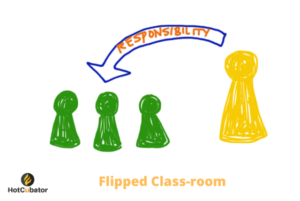
Modern education is transforming into more practical and student-focused. Key to this revolution is the constant effort to make education more connected with our day to day life. Consequently, educational experts have kept suggesting alternatives techniques of learning in favour of active andragogy rather than traditional methods of didactic pedagogy. One such theory which have dominated the literature of educational research and guided educators is known the ELT framework (Experiential Learning Theory) coined by David A. Kolb, in 1984.
ELT draws on the work of prominent 20th century scholars such as John Dewey from educational philosophy, Jean Piaget from developmental psychology, and Kurt Lewin from social psychology. All emphasised ‘experience’ as central in their theories of human learning and development. ELT is a dynamic view of learning based on a learning cycle driven by the resolution of the dual dialectics of action/reflection and experience/abstraction. It is a holistic theory that defines learning as the major process of human adaptation involving the whole person. Kolb’s experiential learning cycle provides a powerful theoretical and practical framework for learning efforts (Kolb et al., 2001, Petkus, 2000). According to the ELT model, the most effective learning requires four different learning abilities: concrete experience, reflective observation, abstract conceptualization, and active experimentation (Kolb, 1984). These four learning abilities are formulated into a learning cycle. Four learning roles are assigned to the transitions between the four learning abilities: the reflector role, the theorist role, the pragmatist role, and the activist role.
- Concrete experience involves sensory and emotional engagement in some activity. Concrete experience evokes feeling.
- Reflective observation involves watching, listening, recording, discussing, and elaborating on the experience. This phase also involves making connections across experiences—whether service-learning oriented or not—but without necessarily integrating theories and concepts.
- Abstract conceptualization involves integrating theories and concepts into the overall learning process—this is the in-depth thinking phase of the cycle.
- Active experimentation is the doing phase, in which the student engages in a trial-and-error process in which the accumulation of sensory experience.
The key implications of the experiential learning theory are the following –
- Transform education as more practical and akin to real life.
- Helps educators develop contemporary learning opportunities for target learners.
- Support educator design activities that will give opportunities to learners to learn in ways that suit the individual’s learning styles
- Emphasises on activities that enable learners to go through the four stages of the experiential learning cycle.
References:
- KOLB, B. 1984. Functions of the frontal cortex of the rat: a comparative review. Brain Research Reviews, 8, 65-98.
- KOLB, D. A., BOYATZIS, R. E. & MAINEMELIS, C. 2001. Experiential learning theory: Previous research and new directions. Perspectives on thinking, learning, and cognitive styles, 1, 227-247.
- PETKUS, E. 2000. A theoretical and practical framework for service-learning in marketing: Kolb’s experiential learning cycle. Journal of Marketing Education, 22, 64-70.



